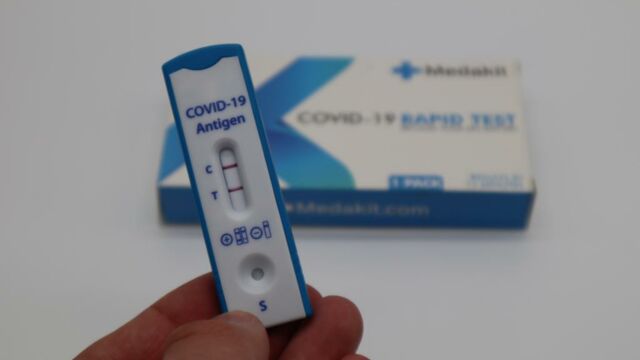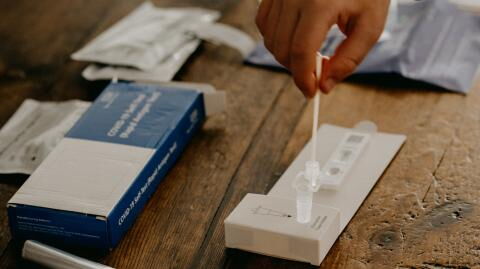Security experts are warning people against posting pictures of negative Covid tests on social media. There is growing concern about criminals using the information on these tests to make fake passes.
Discover our latest podcast
Disturbing Trend
To access some venues in the UK, such as nightclubs, people are required to provide a negative test or prove their vaccination.
Security experts say there is an emerging illegal trade where fraudsters use details of tests posted online to provide others with negative results. In essence, posting pictures of lateral flow test results could be a public health risk.
Shahzad Ali is CEO at Get Licensed - a company that helps businesses with security. He told Wales Online, this disturbing trend was inevitable.
This is just a new complication that door supervisors will soon become used to facing. There is obviously going to be a market for Covid passes, because there will be people who want to go about their life like normal and not have to take Covid tests for things they didn’t have to before, so it is extremely important that you look after your Covid pass.
Dangerously Unethical
He adds that apart from the ethical issues of producing fake passes, when caught, culprits could be slapped with a fine of £10,000.
Our advice would be to avoid posting it on social media, don’t share the code from the lateral flow you have taken because others could register it as their test.
France has been dealing with an increase in the circulation of fake documents proving one’s vaccination or Covid status. Authorities there are investigating online networks selling them earlier in December.















